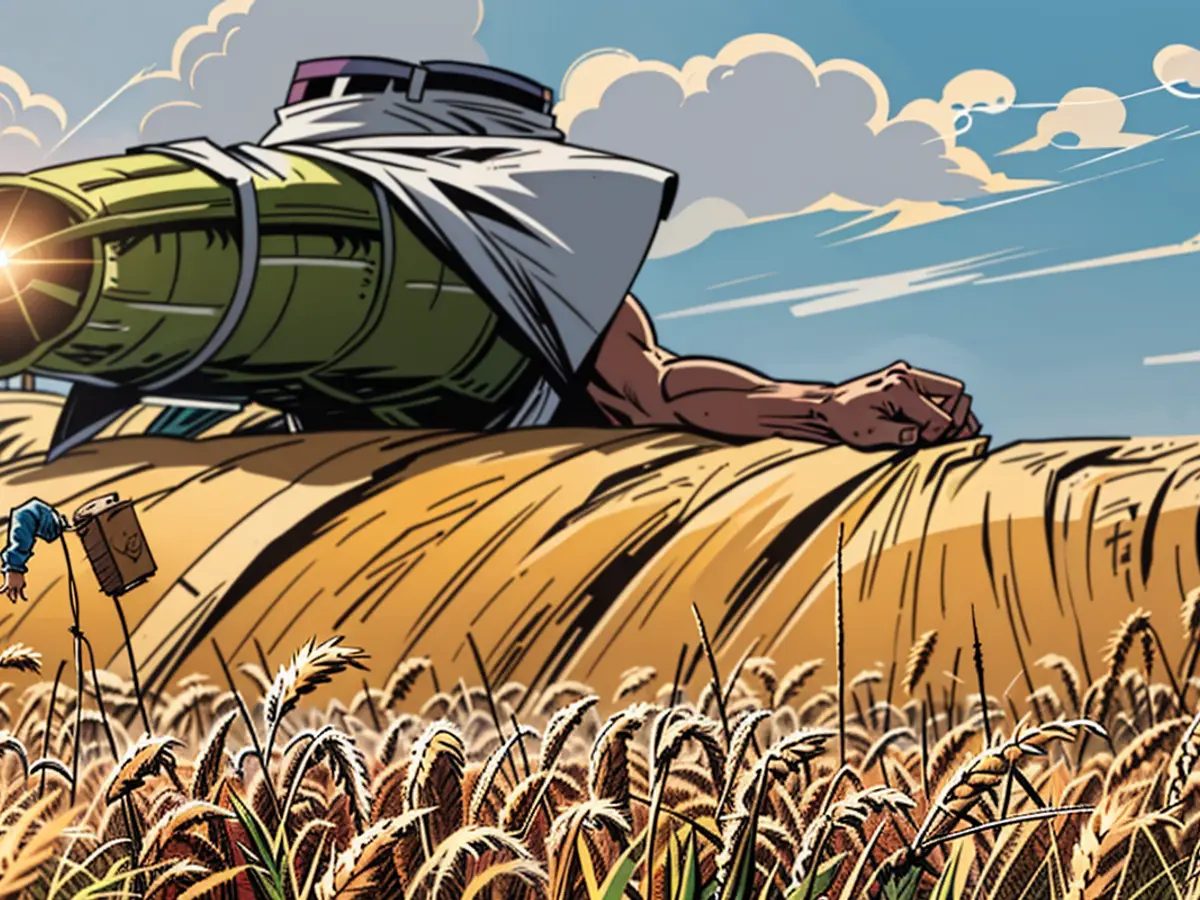- Agricultural workers in Hesse lament over subpar wheat and crop yields.
For numerous Hessian farmers, this year's crop yield** has been underwhelming. "Output ranges widely and mainly falls below or around average," detailed the head of the Hessian Farmers' Association (HBV) in Friedrichsdorf, Karsten Schmal. The primary factors contributing to the fluctuating crop quantities were the unpredictable weather with heavy rainfalls and frequent storms. Particularly noteworthy was the scarcity of sunlight during the crucial period.
The most significant setbacks occurred with winter wheat. Grown on around 140,000 hectares of farmland, it represents the primary cereal for Hessian farmers. Yields fluctuated significantly between 5.5 and 9 metric tons per hectare, averaging out at 7.5 tons. This marginally surpassed the dismal 2023 harvest, which saw an average yield of only 7.1 tons per hectare.
This year's winter barley harvest was generally average to slightly inferior. Conversely, the rape harvest was substantially superior, with "quality oil contents of 41 to 42 percent" being achieved, despite the damp early summer, as reported by a spokesperson. Notably, the yields for field beans were considerably higher than average.
The HBV maintains a positive outlook towards the upcoming maize and sugar beet harvest, starting in September. "Maize crops are thriving throughout Hesse, and the initial sugar beet test digs also instill optimism for a successful campaign," shared Schmal.
Other crops, such as corn and sugar beets, show promising prospects for this season, according to Karsten Schmal. Despite the challenges faced by other crops, some, like field beans, have demonstrated exceptionally higher than average yields.








